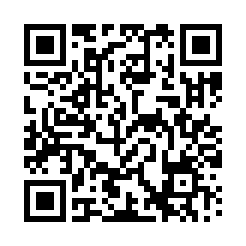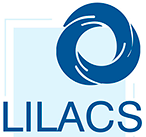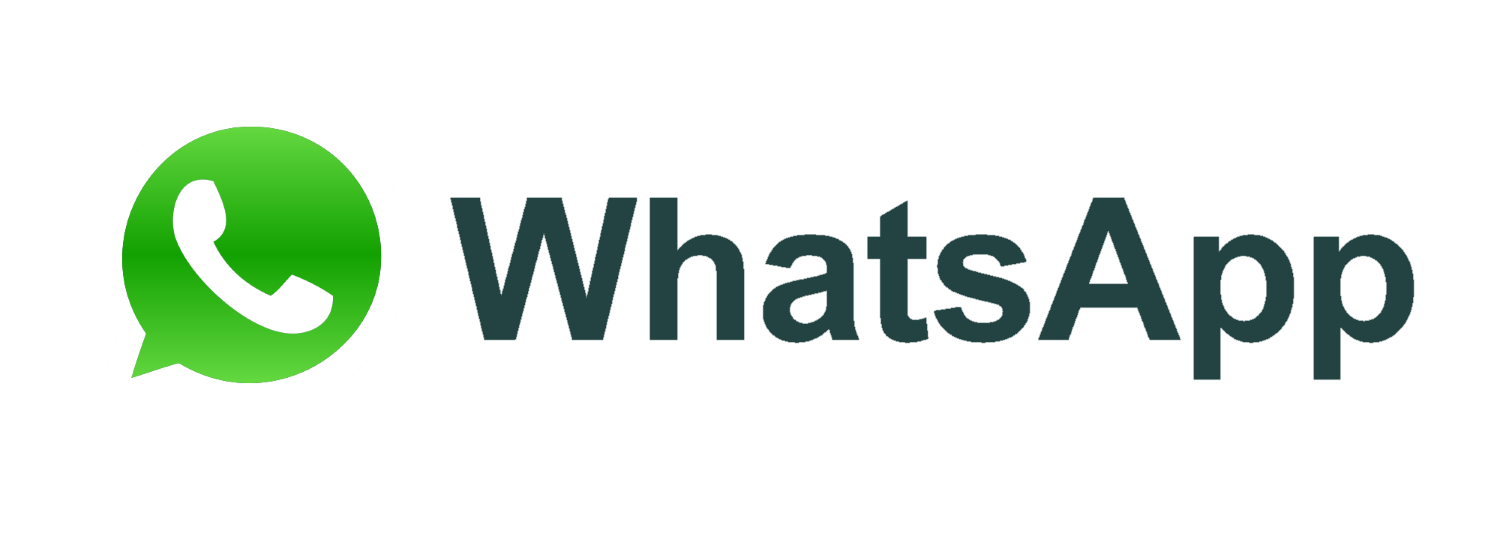Mobile applications for self-learning in the caregiver of the elderly with stroke: integrative review
DOI:
https://doi.org/10.19136/hs.a22n3.5160Abstract
Objective: to analyze the evidence available in the literature on interventions with mobile applications to promote self-learning of care and assistance in the primary caregiver of the elderly with physical sequelae of stroke. Material and Methods: integrative review of the literature published between January 2018 and June 2022 in the CINAHL, EMBASE, LILACS, PubMed, Scopus and EBSCOhost databases. The data obtained was analyzed in four stages: theme identification, sampling, selection and categorization of studies and analysis, evaluation and interpretation of results under the CASPe method. Results: 2 were qualitative and 1 quantitative; the digital interventions were: mHealth, Movies4Stroke and MoCaB used for self-learning and assistance in the primary caregiver in the dimensions of blood pressure control, glucose, cholesterol and pharmacological adherence. Digital educational interventions increase self-learning and facilitate care in the caregiver of the elderly with physical sequelae due to stroke. Conclusions: digital educational interventions for self-learning and assistance in the primary caregiver from the scientific evidence are minimal. It is necessary to design accessible, dynamic and easy-to-interact digital interventions for self-learning in the generation of care skills in the primary caregiver of the elderly with post-stroke physical sequelae.
Keywords: Mobile applications; Internet-based intervention; Caregivers; Stroke
Downloads
Downloads
Published
Issue
Section
License
Copyright (c) 2023 Horizonte Sanitario

This work is licensed under a Creative Commons Attribution-NonCommercial-ShareAlike 4.0 International License.





























